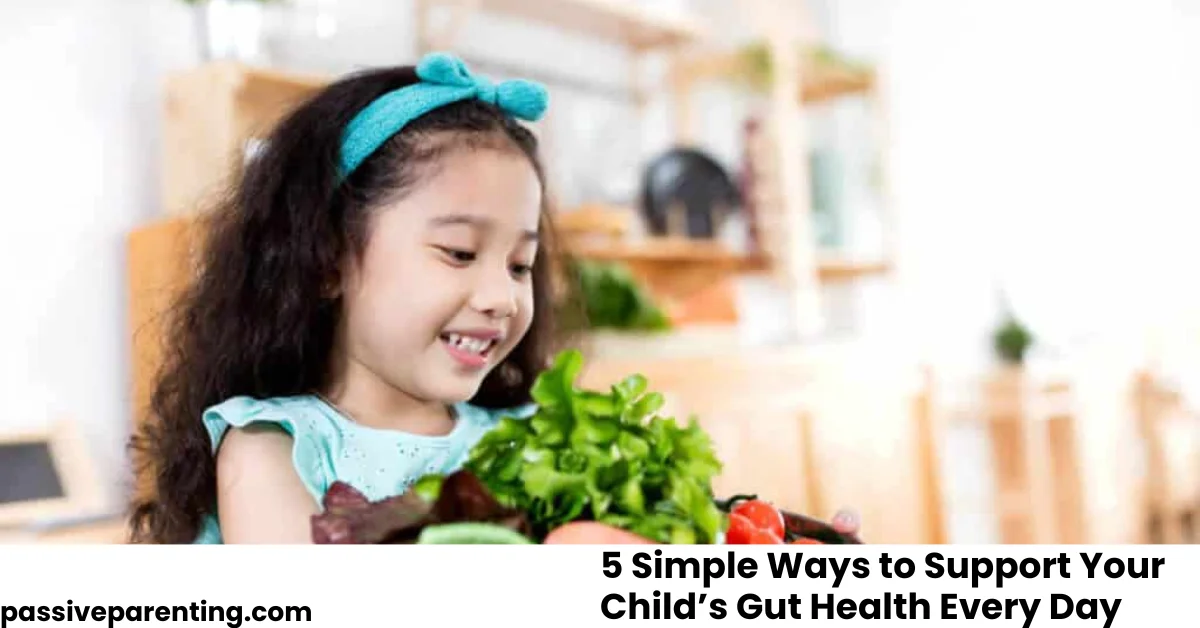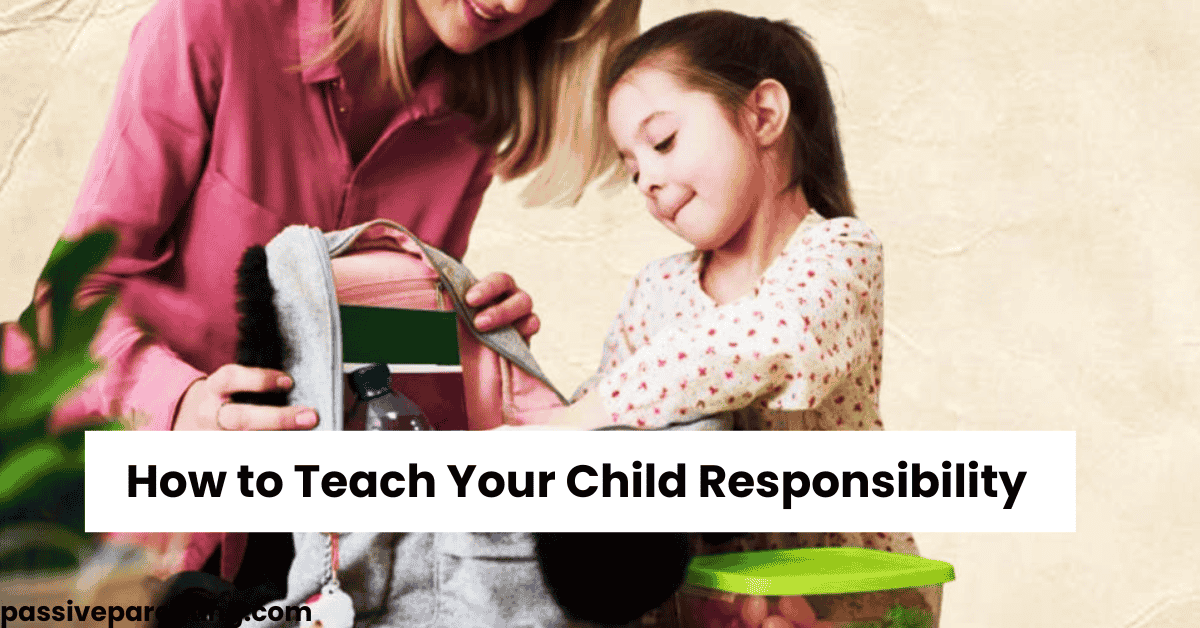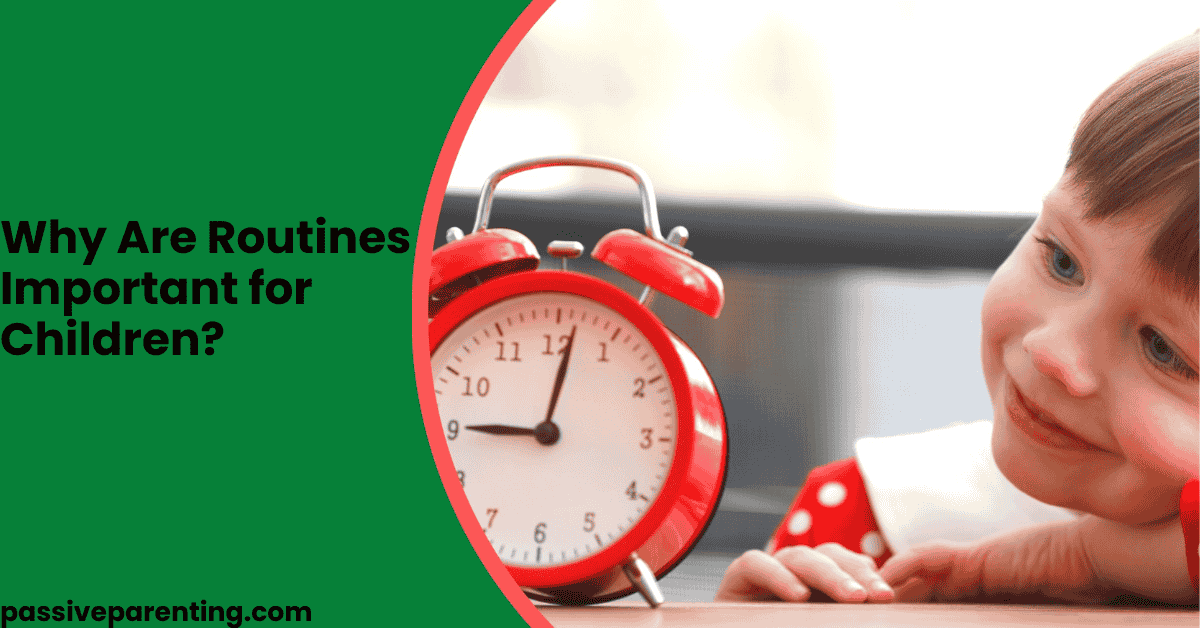I don’t know when “gut health” became the phrase on every cereal box and podcast, but here we are. I rolled my eyes at it for a while – honestly, who has the energy to think about their child’s microbiome between school runs and bedtime tantrums? But then you notice how often a bit of tummy pain or a random rash shows up, and you start to wonder if maybe there’s something to it.
The gut affects more than digestion. It’s tied up with sleep, immunity, even moods (which might explain those late-afternoon meltdowns). Helping it along doesn’t mean buying fancy powders. It’s mostly about small, steady choices. Some parents also find a gentle probiotic for gut health useful, especially after antibiotics or stomach bugs, but the foundation comes from what’s already happening day to day – meals, rest, routines, the whole rhythm of family life.
1. Just Start with Real Food, Most of the Time
You don’t need to be the sort of parent who meal-plans on Sundays or makes kale chips. Think “real food” instead of “perfect food.” A few bites of veg with dinner, fruit instead of biscuits now and then – it all adds up. Kids’ gut bacteria feed on the fibre in everyday stuff: apples, beans, oats, brown rice.
If you can, mix it up. A plate that looks like a paint palette – oranges, greens, reds – usually means you’re hitting the right balance. The science folks at NYC Health explain it better in their guide to whole foods, but really, you’ll see the difference yourself when meals feel a bit fresher and less “from a packet.”
2. A Tiny Bit of Fermented Food Goes a Long Way
The word “fermented” sounds clinical, but most of us already have some in the fridge. Yogurt, for instance – it’s easy, familiar, and full of friendly bacteria. Try to use natural yoghurt and sweeten it yourself with berries or a drizzle of honey. That way, you skip the extra sugar but keep the good cultures alive.
My youngest went through a phase of calling kefir “milk with fizz,” which, honestly, is about right. You don’t need much – just a few spoonfuls or a smoothie here and there. It’s not a rule, it’s a habit that grows quietly in the background.
3. After Antibiotics, Go Easy on Everything
When your child’s been on antibiotics, their system can feel a bit like a reset button got hit. Stomach unsettled, weird appetite, cranky moods – it’s all part of the re-balancing act. For a week or two afterward, keep things gentle: soup, rice, bananas, rest.
That’s also when a probiotic for gut health can lend a hand – not as a miracle fix, just a little nudge for the good bugs to grow back. Most kids bounce back faster than you’d think.
4. Sleep, Calm, and the “Invisible Nutrients”
No one tells you how much stress affects digestion until you’ve seen your kid clutch their belly before school. The gut listens to everything – tension, tiredness, excitement. It’s like a second brain, only smaller and grumpier.
So the calmer your home rhythm, the happier the gut. Easier said than done, obviously. But even a few tiny rituals help: dim lights before bed, a story instead of a screen, a slow breakfast without rushing shoes on. You’ll feel it too – the quiet, the exhale.
5. Let Them See You Try
Kids copy us whether we like it or not. They watch what we eat, how we react, when we rest. If they see you choosing water, they’ll probably ask for a sip. If you laugh about burning dinner instead of sulking, they’ll learn that food isn’t something to stress over.
Perfection’s overrated anyway. What matters is showing them that caring about health doesn’t have to be strict or joyless. There’s plenty of easy inspiration in Passive Parenting’s nutrition section if you need ideas.



